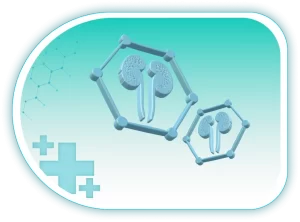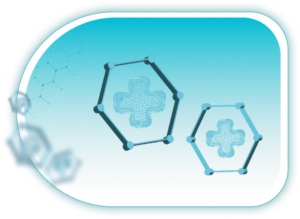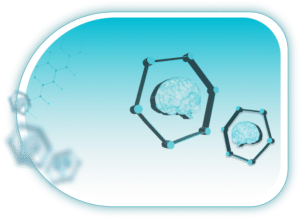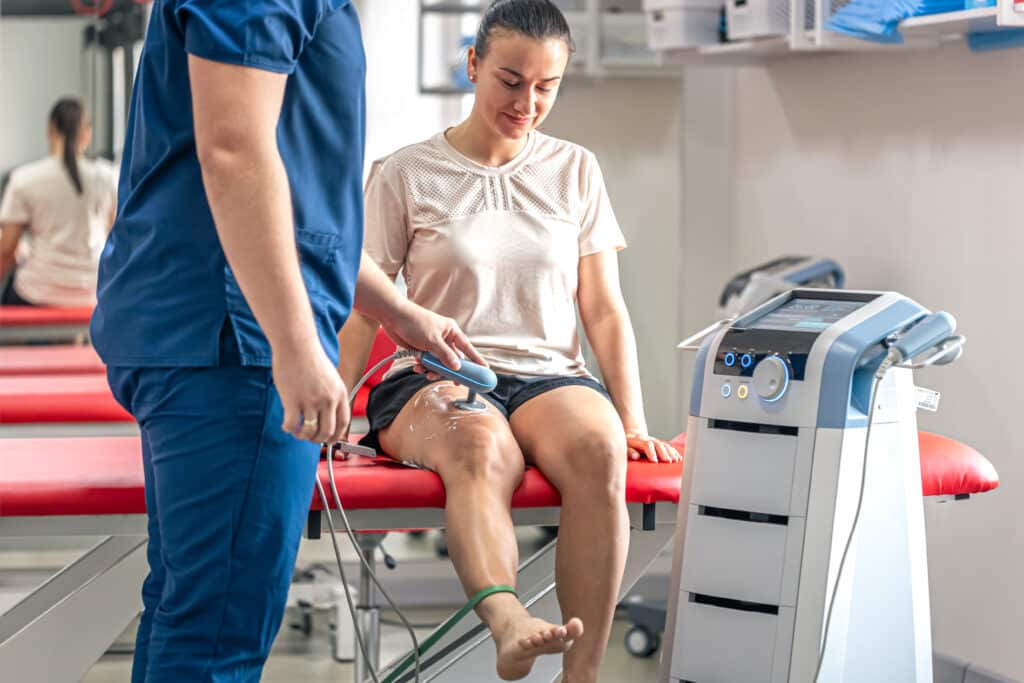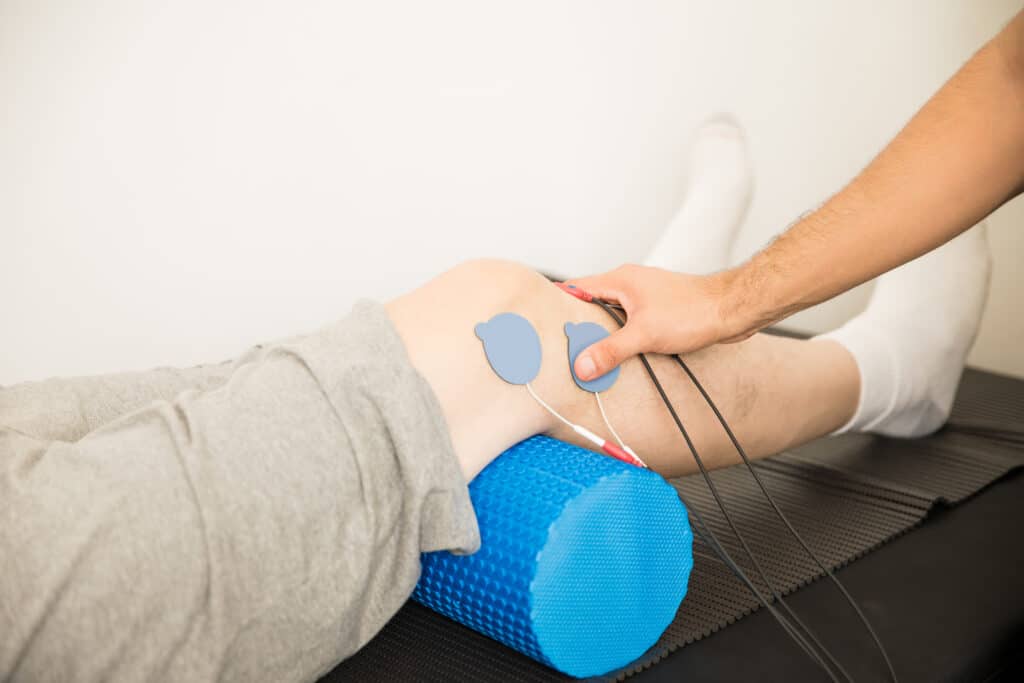Physiotherapy is a dynamic and essential healthcare profession that plays a vital role in helping individuals regain mobility, reduce pain, and improve their quality of life. In this comprehensive blog, we will explore the world of physiotherapy, from its fundamental principles to the wide-ranging benefits it offers. Whether you’re considering physiotherapy as a treatment option or seeking to better understand this field, join us on a journey to discover the principles, advantages, and the extensive scope of practice that define the realm of physiotherapy.
Principles of Physiotherapy
Physiotherapy, often referred to as physical therapy, is guided by several core principles:
- Movement and Function: The primary goal is to restore and enhance movement and function, whether it’s related to injury, disability, or a health condition.
- Holistic Approach: Physiotherapists consider the whole person, addressing physical, psychological, and social factors affecting their well-being.
- Evidence-Based Practice: Treatment decisions are grounded in the latest scientific research and clinical evidence to ensure effectiveness.
- Individualized Care: Each patient receives a personalized treatment plan tailored to their specific needs and goals.
- Prevention: Physiotherapists emphasize prevention by educating patients on injury prevention techniques and promoting overall health.
Benefits of Physiotherapy
Physiotherapy offers a wide array of benefits for individuals of all ages and abilities:
- Pain Management: Physiotherapists use various techniques to alleviate pain, whether it’s chronic pain, musculoskeletal discomfort, or post-surgical pain.
- Improved Mobility: Physiotherapy helps restore and enhance mobility, whether it’s regaining the ability to walk after an injury or improving joint flexibility.
- Rehabilitation: Following surgery or injury, physiotherapy assists in the recovery process, helping patients regain strength and function.
- Enhanced Function: For individuals with disabilities or chronic conditions, physiotherapy can improve daily functioning and independence.
- Sports Injury Recovery: Athletes often turn to physiotherapy for injury prevention and recovery to get back to peak performance.
- Respiratory Health: Physiotherapists play a crucial role in respiratory care, aiding patients with conditions like asthma or chronic obstructive pulmonary disease (COPD).
Scope of Practice in Physiotherapy
The scope of practice in physiotherapy is extensive and continually evolving. Physiotherapists work across various settings, including:
- Orthopaedic Physiotherapy: Treating musculoskeletal conditions, such as back pain, joint injuries, and post-operative rehabilitation.
- Neurological Physiotherapy: Working with individuals with neurological conditions like stroke, multiple sclerosis, and spinal cord injuries to improve mobility and function.
- Cardiorespiratory Physiotherapy: Assisting patients with heart and lung conditions in improving their breathing, endurance, and overall fitness.
- Pediatric Physiotherapy: Focusing on the unique needs of children and adolescents, addressing developmental delays, injuries, and congenital conditions.
- Geriatric Physiotherapy: Specializing in the care of elderly patients, promoting mobility and preventing falls and fractures.
- Sports Physiotherapy: Providing specialized care for athletes, including injury prevention, treatment, and performance enhancement.
- Women’s Health Physiotherapy: Addressing women’s health concerns, including pelvic floor disorders, prenatal and postpartum care, and urinary incontinence.
- Occupational Health: Assisting individuals in managing work-related injuries and ergonomics.
Physiotherapy Techniques and Modalities
Physiotherapists employ a wide range of techniques and modalities to achieve their treatment goals, including:
- Manual Therapy: Hands-on techniques like joint mobilization, soft tissue manipulation, and massage.
- Exercise Prescription: Tailored exercise programs to improve strength, flexibility, and endurance.
- Electrotherapy: Use of electrical stimulation, ultrasound, and other modalities to reduce pain and promote healing.
- Hydrotherapy: Exercise and rehabilitation in water to reduce joint stress and enhance mobility.
- Thermotherapy and Cryotherapy: Heat and cold applications to manage pain and inflammation.
- Acupuncture and Dry Needling: The insertion of thin needles into specific points on the body to alleviate pain and promote healing.
- Education and Counselling: Providing patients with the knowledge and tools to manage their conditions and prevent future problems.
Conditions Treated by Physiotherapy
Physiotherapists are trained to address a wide spectrum of conditions. Here are some examples:
- Musculoskeletal Issues: This includes back pain, neck pain, joint problems, and muscle strains. Physiotherapists use techniques like manual therapy and exercises to alleviate pain and restore function.
- Neurological Disorders: Physiotherapy plays a crucial role in helping individuals with conditions such as stroke, Parkinson’s disease, and multiple sclerosis regain mobility, improve balance, and enhance their overall quality of life.
- Sports Injuries: Athletes of all levels rely on physiotherapists to recover from injuries, prevent future ones, and optimize their performance. Sports physiotherapy involves specialized training and techniques tailored to the demands of various sports.
- Cardiac and Respiratory Conditions: Physiotherapists assist individuals with heart and lung conditions in regaining strength, improving endurance, and managing symptoms.
- Paediatric Conditions: Children with developmental delays, genetic disorders, or injuries can benefit from paediatric physiotherapy to reach developmental milestones and enhance their independence.
- Orthopaedic Surgery Rehabilitation: Following orthopaedic surgeries such as joint replacements or ligament repairs, physiotherapists guide patients through post-operative recovery, aiming to restore function and reduce pain.
- Women’s Health: Physiotherapists specializing in women’s health address pelvic floor issues, pregnancy-related pain, and postpartum recovery.
The Role of Preventive Physiotherapy
Physiotherapy isn’t just about treating existing conditions—it’s also a potent tool for prevention. By identifying risk factors and addressing them through targeted exercises, education, and lifestyle modifications, physiotherapists can help individuals prevent injuries and manage chronic conditions before they become more severe. Preventive physiotherapy is particularly important for athletes, the elderly, and individuals with sedentary jobs, as it can help maintain and optimize physical function and well-being.
The Future of Physiotherapy
The field of physiotherapy continues to evolve, driven by advancements in research, technology, and healthcare. Tele-rehabilitation, virtual reality-based therapies, and wearable devices that monitor and assist with exercises are some of the emerging trends. Additionally, physiotherapists are increasingly recognized for their role in promoting public health through injury prevention programs and initiatives that address sedentary lifestyles. As physiotherapy continues to expand its scope and embrace innovative approaches, its potential to improve the lives of individuals worldwide grows ever greater.
Physiotherapy is a dynamic healthcare profession with a broad scope of practice and a wealth of benefits for individuals dealing with a wide range of health issues. By understanding its core principles, appreciating its diverse advantages, and recognizing its extensive scope of practice, we gain insight into the pivotal role that physiotherapy plays in enhancing the lives of countless individuals. Whether you’re seeking treatment, considering a career in physiotherapy, or simply intrigued by the field, remember that physiotherapists are dedicated to promoting movement, function, and overall well-being, helping people reclaim their lives and achieve their health goals.

